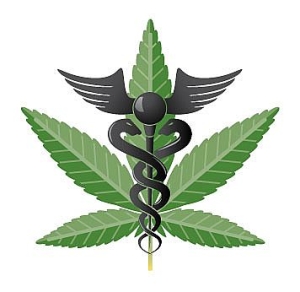Gun Safety: A Florida Invasion on the Doctor-Patient Relationship
You’re working at a pediatric primary care clinic and enter the room of a five-year-old boy and his mother for a routine physical. You ask about the child’s general health the past year, his diet, exercise, among other things. Then you start to ask questions relating to the patient’s safety, such as his use of seat belts and helmets, and you start to ask about guns in the home. But then, alarms start to go off …



